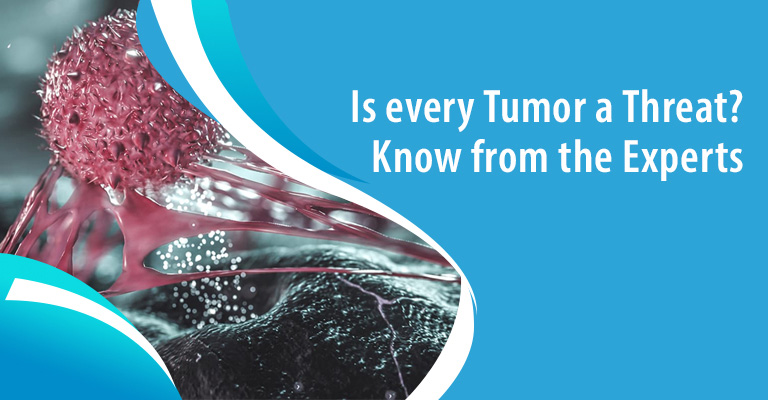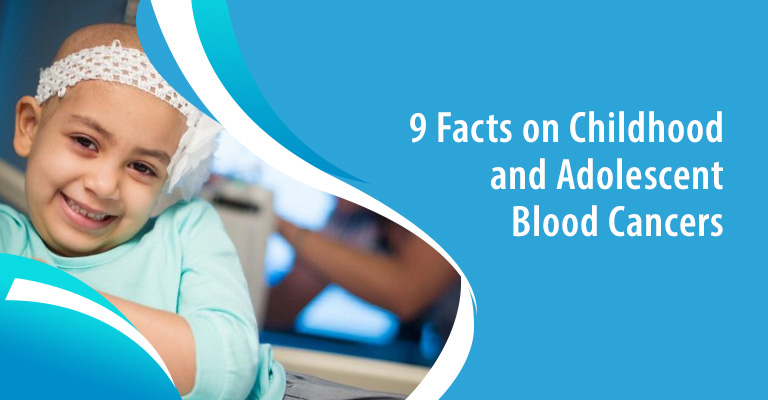Head and neck cancer involves the tissues of the head and neck. These may be primary, i.e., start in the head or neck, or secondary, i.e., spread to the neck or neck from other organs. They begin from the salivary gland, sinuses, muscles, or nerves. These cancers most commonly occur in the squamous cell, which is present in the linings of the head and neck. Squamous cell cancer is more often related to the history of smoking and exposure to the Human Papillomavirus.
Overall, Asia, particularly India, accounts for 57.5 percent of global head and neck malignancies. In India, head and neck cancers accounted for 30% of all malignancies. Patients in India have advanced disease in 60 to 80 percent of cases, compared to 40 percent in developed countries.
Medica’s oncology department excels in providing world-class cancer treatment driven by their collective clinical excellence of over 30+ years. With a multidisciplinary approach to treating all types and forms of cancer, our oncologists and onco-surgeons are supported by the latest cancer treatment technologies along with a team of highly-skilled reconstructive surgeons who deliver extensive treatment to all of our patients, adults and children alike.















